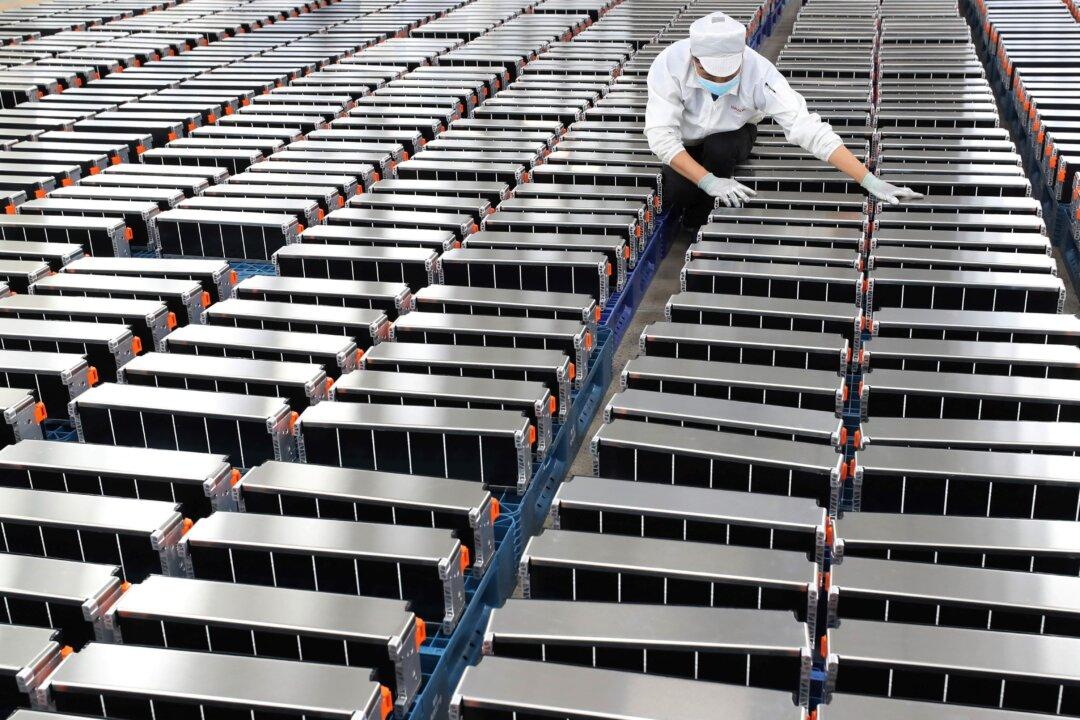The cost of electric vehicle batteries is set to soar amid the ongoing Russia–Ukraine conflict and supply chain disruptions, the International Energy Agency (IEA) warned on Monday.
While electric vehicle sales have remained strong so far this year with 2 million electric cars sold worldwide in the first quarter, IEA said that further efforts to diversify battery manufacturing and critical mineral supplies are needed to reduce the risks of bottlenecks and increased prices going forward.




